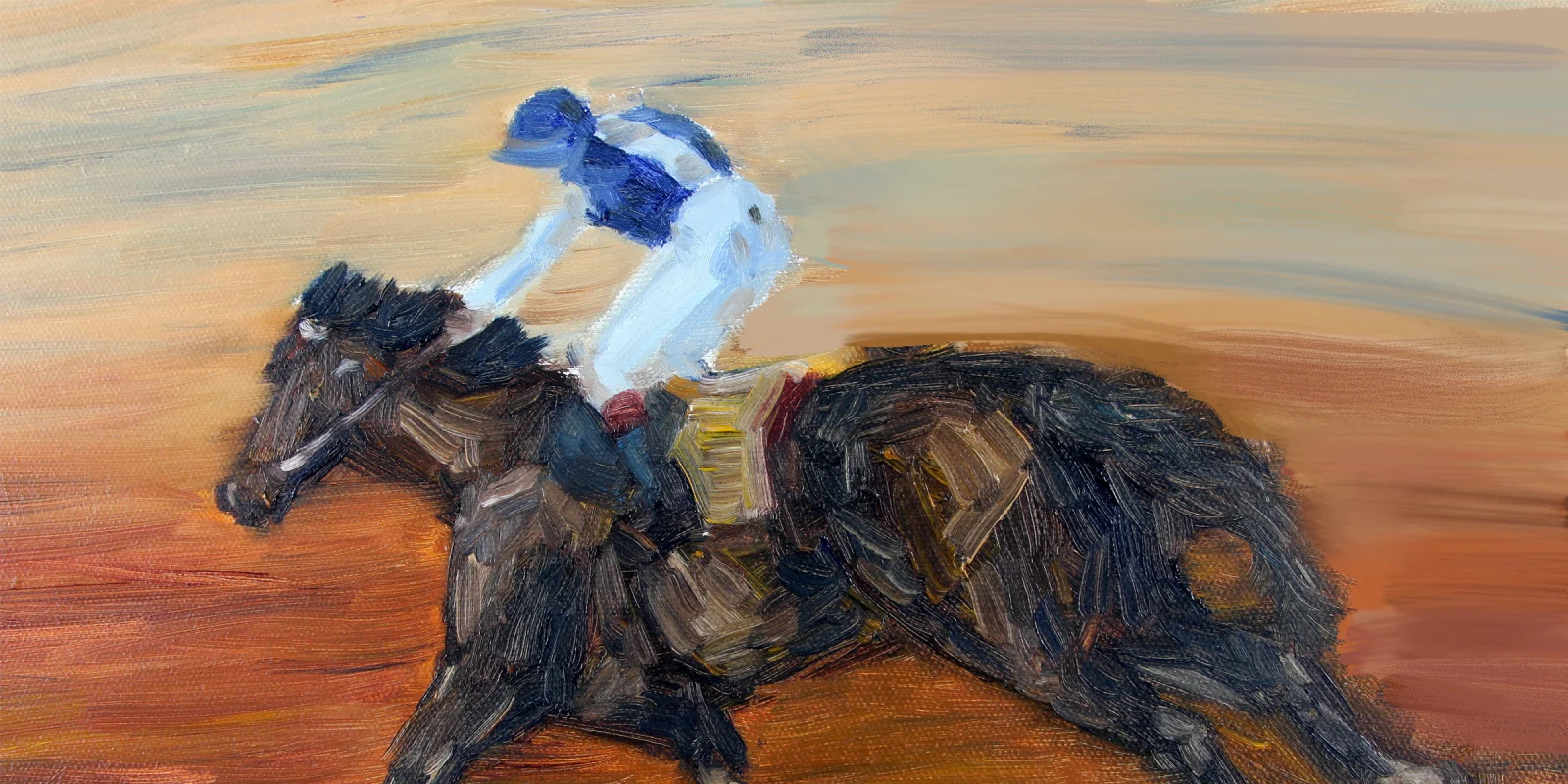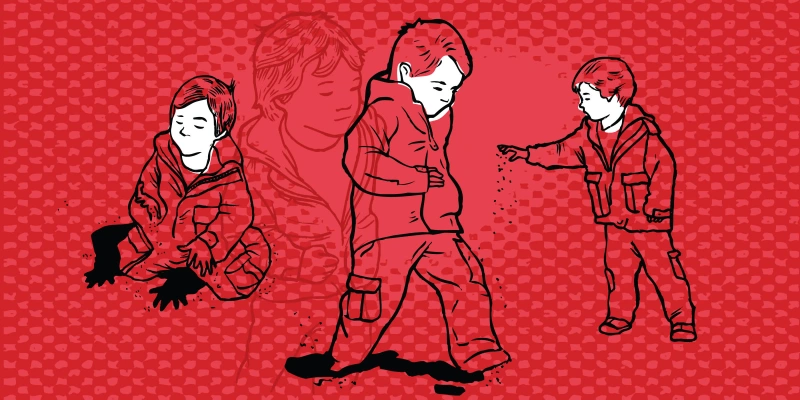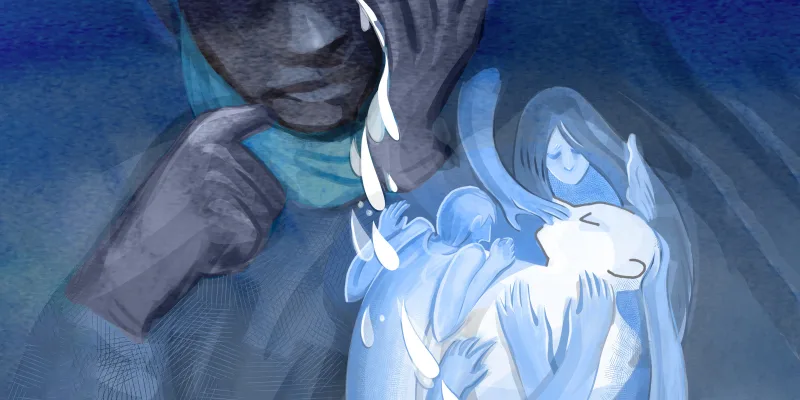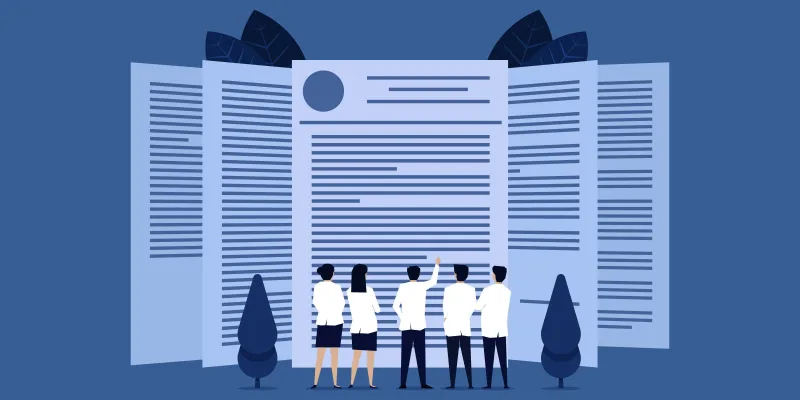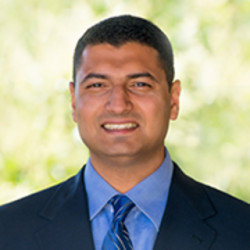Although I don’t like to admit it, I am a typical Type A cardiologist who takes absolutely everything far too seriously. Like many physicians, this extends well beyond my professional life and reaches into every corner of my existence.
I am also a competitive equestrian. And my big, red, and rather fancy horse really doesn’t care what I do for a living, or how seriously I take myself. In his mind, I am both a reliable source of carrots and a nuisance who sometimes keeps him away from his friends while trying to boss him around. My horse is a source of joy and a beautiful connection to the natural world. He also seems to delight in keeping me humble. But I never expected him to teach me a profound and enduring lesson about the nature of pain, empathy, and mindful compassion.
Several years ago, while training on a cross country jumping course, I suffered a serious fall. One minute I was on top of the world, flying across the open fields with my beloved equine partner, and the next I was on the hard ground, writhing in excruciating pain and unable to walk without assistance. My horse, meanwhile, hightailed it back to his friends, grateful for the unexpected interruption.
While I fortunately had no broken bones, it turned out I had sustained a severe injury to my right psoas and my left piriformis muscles. I returned to work soon after, hobbling on crutches for support and trying to shrug off my injury as a minor nuisance. However, I quickly became intimately familiar with the anatomy of my lower musculoskeletal system. Initially, it was the psoas muscle that I noticed, since it kept me from walking. But within a few days, the piriformis injury became the center of my existence, as it cruelly squeezed my sciatic nerve. The pain was truly mind-blowing and would sometimes escalate without warning. Because I was back at work, my options for medications were limited.
I am by nature a quiet person, but during this time one of the only ways I could deal with this monstrously searing pain was to scream my head off. This was only possible when I was safely out of earshot of my patients, partners, or any other human beings. I don’t know if it was the endorphins or the temporary distraction, but it was remarkable how well screaming helped, if only for a few minutes.
After more than a week of unrelenting agony, I began Googling similar injuries (because, of course, you Google). I realized with dread that there was no promise that my pain would ever completely go away. Thankfully, I had an excellent orthopaedic team. And, as a physician, my pain was always taken seriously. Sadly, I knew this was not the case for many of my patients.
Although I don’t treat pain, my cardiology patients are among the estimated 8% of Americans who live with what is termed “high-impact chronic pain.” Like a light switch turning on, after my accident I began to recognize the manifestations of pain and misery in their faces. The anxiety of being asked to change positions on the exam table, the fear of having their medications taken away, and the frustration of feeling dismissed and disrespected. I understood deeply that pain could not always be measured, proven, or relieved.
I found myself engaging more empathetically with these patients, acknowledging their fear and our shared humanity. The 55-year-old woman with chronic back pain who always remained standing during our visits, shifting back and forth, who used to perplex me? Now I realized just how difficult sitting could be. The anxious 45-year-old man with the perpetually furrowed brow and litany of complaints about his medical team whom I had previously written off as a chronic malcontent? With my newly informed awareness, he now came into sharper focus as a suffering human being. And the 70-year-old woman with severe arthritis and scoliosis, who was nonetheless always ready with a smile and a thank you? She became a messenger of grace — someone who showed me that it was possible to rediscover an innate good nature, despite the difficulties life presented. In acknowledging my patients’ pain, and accepting their well wishes for me, our sense of mutual trust and connection deepened.
As physicians, we learn early on to create healthy boundaries between ourselves and our patients. Hard-earned experience teaches us that we can’t always take everyone at their word, and that in some cases patients will exploit their doctors’ compassion for personal gain. For instance, most medical and surgical interns will eventually encounter characters who seek pain medications for what sound like legitimate reasons, but who are eventually discovered to have visited multiple doctors and ERs with similar stories. Often a call from an astute pharmacist uncovers the ruse. Consequently, by the end of residency, it’s common to have developed at least a little cynicism. And indeed, we learn quickly that objectivity is critical not only to our decision-making but also to our ability to leave our work behind at the end of the day.
My practice, as I mentioned, does not include treating pain or prescribing pain medications, and I have not lost my natural sense of vigilance. Yet my intensely personal experience has opened a window of understanding and taught me a new way of relating to my patients without judgment. This shared experience of pain was something I could acknowledge and be a witness to, without the expectation of a solution. In fact, I found that simply recognizing a patient’s pain often created greater trust and made it easier for them to accept my medical advice. On a practical level, our encounters became more efficient and resulted in fewer after-visit phone calls and cancellations. And as a result, I felt that I was able to offer a higher quality of care, with greater satisfaction from all standpoints, despite being powerless to impact their unremitting pain.
In my case, I was fortunate: After a combination of several rounds of steroids, high quality physical therapy, a mindfulness practice, and time and patience (plus bedtime narcotics on non-call nights), my symptoms subsided and I was granted a near complete recovery. Still, this is not guaranteed for all pain patients — and I know that not everyone has the resources, good fortune, or support to come out mended on the other side. I was also lucky to have friends and family who tolerated my pain-fueled bouts of insolence and short temper. But many people with chronic pain understandably become so focused on their misery that they drive away loved ones and others who offer help or kindness.
Although I would not wish my experience on anyone, I cannot deny that it has taught me so much. Today, I recognize how chronic pain affects everything — it changes our sense of self, and can make even kind and gentle people become mean, angry, and impatient. As a physician and as a patient, I am tremendously grateful for the unexpected pearls of wisdom and empathy that emerged from beneath the layers of pain.
Have you ever undergone an experience that changed the way you relate to your patients? Share in the comments below!
Dr. Sarah Samaan is a cardiologist who retired in 2022 after nearly 30 years of practice. She is a physician coach, a medical writer, a registered yoga teacher, and is currently enrolled in a university BFA program in Photographic Arts. She competes in the equestrian sport of Dressage. Dr. Samaan blogs at MindfulPhysicianCoaching.com and tweets @heartsmarter. She is a 2022–2023 Doximity Op-Med Fellow.
Image by MoMorad / GettyImages
